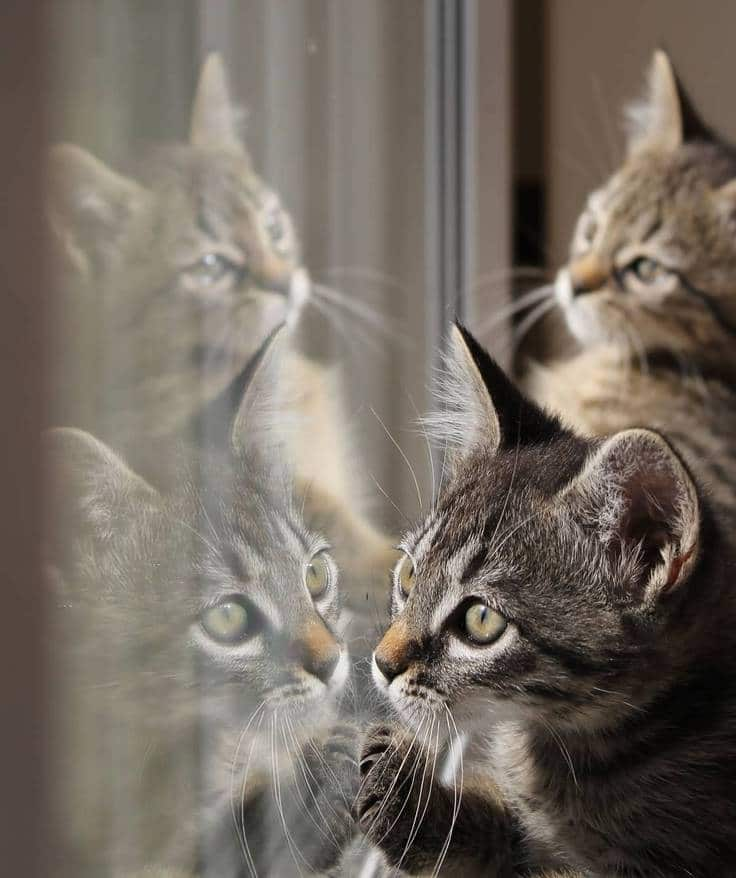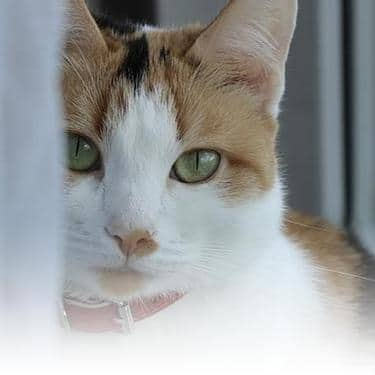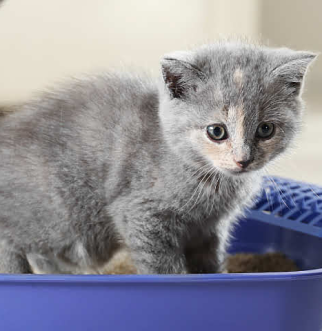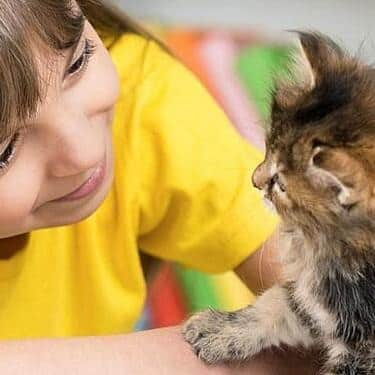
-
Find the right food for your pet
Take this quiz to see which food may be the best for your furry friend.
Find the right food for your pet
Take this quiz to see which food may be the best for your furry friend.
Featured products
 Puppy Small & Mini Chicken & Brown Rice Recipe
Puppy Small & Mini Chicken & Brown Rice RecipeVital nutrients to support 5 essential building blocks for lifelong health
Shop Now Adult Sensitive Stomach & Skin Small & Mini Chicken Recipe Dog Food
Adult Sensitive Stomach & Skin Small & Mini Chicken Recipe Dog FoodHill's Science Diet Sensitive Stomach & Skin Small & Mini dry dog food is tailored nutrition for Small & Mini dogs while being gentle on stomachs. Nourishes skin & promotes a lustrous coat.
Shop Now Adult Healthy Mobility Small Bites Chicken Meal, Brown Rice & Barley Recipe Dog Food
Adult Healthy Mobility Small Bites Chicken Meal, Brown Rice & Barley Recipe Dog FoodAdvanced nutrition to support hip & joint health from day 1
Shop NowFeatured products
 Sensitive Stomach & Skin Chicken & Beef Dinner
Sensitive Stomach & Skin Chicken & Beef DinnerGourmet daily nutrition, carefully made. Tasty chunks with chicken & beef in a decadent gravy. Supports digestive health, nourishes skin and promotes a lustrous fur.
Shop Now Adult 11+ Chicken Recipe Cat Food
Adult 11+ Chicken Recipe Cat FoodSupports brain health and beautiful fur in mature cats
Shop Now Adult Perfect Weight Salmon & Vegetable
Adult Perfect Weight Salmon & VegetableOver 70% of cats lost weight within 10 weeks when fed this nutrition
Shop Now -
Dog
- Dog Tips & Articles
-
Health Category
- Weight
- Food & Environmental Sensitivities
- Urinary
- Digestive
- Joint
- Kidney
-
Life Stage
- Puppy Nutrition
- Adult Nutrition
- Senior Nutrition
Cat
- Cat Tips & Articles
-
Health Category
- Weight
- Skin & Food Sensitivities
- Urinary
- Digestive
- Kidney
-
Life Stage
- Kitten Nutrition
- Adult Nutrition
Featured articles
 The Incredible Science Behind Your Pet's Microbiome
The Incredible Science Behind Your Pet's MicrobiomeLearn what a pet's microbiome is, how it contributes to your pet's gut & overall health, and why nutrition is important in maintaining healthy microbiomes.
Read More Water
WaterDiscover why water is the most important nutrient for your dog or cat to live a healthy life. Find out how much water your pet should consume each day.
Read More Pet Food Storage Tips
Pet Food Storage TipsDiscover how and where to store your dry, as well as canned, dog and cat food. Learn how to find the "best before" dates on all Hill's pet food packaging.
Read More -
Find the right food for your pet
Find the right food for your pet


You may have noticed your feline friend staring at herself in the mirror or at another shiny surface once or twice. But do cats understand mirrors? Does she know that she's gazing at herself?
Who's That Kitty?
For nearly half a century, scientists have studied the concept of self-recognition in animals, including cat self-awareness. For many creatures, the evidence for this cognitive skill remains inconclusive.
This doesn't mean that our furry friends lack the smarts to recognize themselves; rather, it comes down to the cognitive capabilities of their species. "It takes a good deal of sophisticated integration of information about yourself and your own movements and what you're seeing in front of you in that glass" to recognize your mirror image, animal psychologist Diana Reiss tells National Geographic. This also applies to newborn humans. Babies have no clue about what they look like until they are older than one year of age, notes Psychology Today.
As explained by Popular Science, cats actually don't recognize themselves in the mirror, despite what you see in those cute cat videos or in your own home. When they spot a mirrored kitty, some cats will duck behind the mirror to look for the other cat, some will ignore the reflection and others will "act wary or aggressive towards what appears to be another cat able to counteract [her] own gestures perfectly." This "attack posture" may seem like your kitty is waving to herself, Popular Science says, but she's actually in defense mode. Your kitty's puffed-out tail and the way her ears are tilted are a response to the "threat" of her own reflection.
What Science Can Tell Us
There's scientific evidence to support the claim that many animals do (and don't) recognize themselves in a reflection. Scientific American writes that when an animal glimpses itself in a mirror, "it may not understand 'That's me!' in the same way as a human would, but it may know that its body is its own and does not belong to someone else." Examples of this understanding include instances when animals recognize the abilities and limitations of their own bodies while performing physical activities, such as running, jumping and hunting. You'll see these concepts in motion when, say, your cat jumps to the top of the kitchen cabinets.



Tasty Tips
Studying animal cognition is difficult, as you may well imagine, and testing can be problematic for various reasons. Scientific American references the issues with the "red spot test," also called the mirror self-reflection test, a well-known study conducted in 1970 by psychologist Gordon Gallup and published in The Cognitive Animal. Researchers placed an unscented red dot on a sedated animal's forehead and then observed how the animal, upon waking up, reacted to its reflection. If the animal touched the red spot, Gallup hypothesized, it was an indication that the animal recognized the altered state of its own appearance: in other words, self-recognition.
Although most animals failed Gallup's test, a few did pass, such as dolphins, great apes (gorillas, chimpanzees, orangutans and bonobos) and magpies. Not included in this list? Dogs and cats.
The failure of most animals is not surprising, some critics say, because many creatures simply don't know what they look like. Cats and dogs, for example, rely on their olfactory sense to identify pieces of their surroundings, such as their home, their pet parents and other pets. Your cat knows who you are not because of facial recognition but because she knows your scent. Animals that don't have an instinct to groom may also recognize a red dot on themselves but not feel the need to remove it.
Starting With the Cat in the Mirror
Do cats understand mirrors? Maybe. The extent of cat self-awareness is still a mystery. Despite all of the wisdom contained in her all-knowing eyes, when your cat's pacing back and forth in front of mirror, she's probably not admiring the sleekness of her coat or the smoothness of her freshly-trimmed nails.
More than likely, she's investigating the stranger that is too close for comfort. If looking in a mirror stresses out your kitty, remove the mirror if possible and divert her attention with fun DIY toys, catnip mice or jingly balls. If she stares calmly into the eyes of the cat before her, who knows? She may just be pondering her own existence.


Christine O'Brien is a writer, mom, and long-time cat parent whose two Russian Blues rule the house. Her work also appears in Care.com, What to Expect, and Fit Pregnancy, where she writes about pets, pregnancy, and family life. Find and follow her on Instagram and Twitter @brovelliobrien.
Related products

Supports brain health and beautiful fur in mature cats

Hill's Science Diet's breakthrough nutrition supports ultimate digestive well-being & healthy microbiome

Over 70% of cats lost weight within 10 weeks when fed this nutrition

Gourmet daily nutrition, carefully made. Tasty chunks with chicken & beef in a decadent gravy. Supports digestive health, nourishes skin and promotes a lustrous fur.
Related articles

When you adopt a cat, you don't just gain a best friend; you also save her life. Here's why getting a cat from a local animal shelter makes so much sense.

Cats are naturally very clean and chances are your kitten will already have learned how to use the litter box from her mother before she comes to live with you.

Discover the benefits of Hill's line of kitten foods and how they provide complete and balance nutrition for growing kittens.

Discover how to train your cat, starting with very basic first steps that both reward good behavior and discourage the bad.

Put your cat on a diet without them knowing
Our low calorie formula helps you control your cat's weight. It's packed with high-quality protein for building lean muscles, and made with purposeful ingredients for a flavorful, nutritious meal. Clinically proven antioxidants, Vitamin C+E, help promote a healthy immune system.
Put your cat on a diet without them knowing
Our low calorie formula helps you control your cat's weight. It's packed with high-quality protein for building lean muscles, and made with purposeful ingredients for a flavorful, nutritious meal. Clinically proven antioxidants, Vitamin C+E, help promote a healthy immune system.

